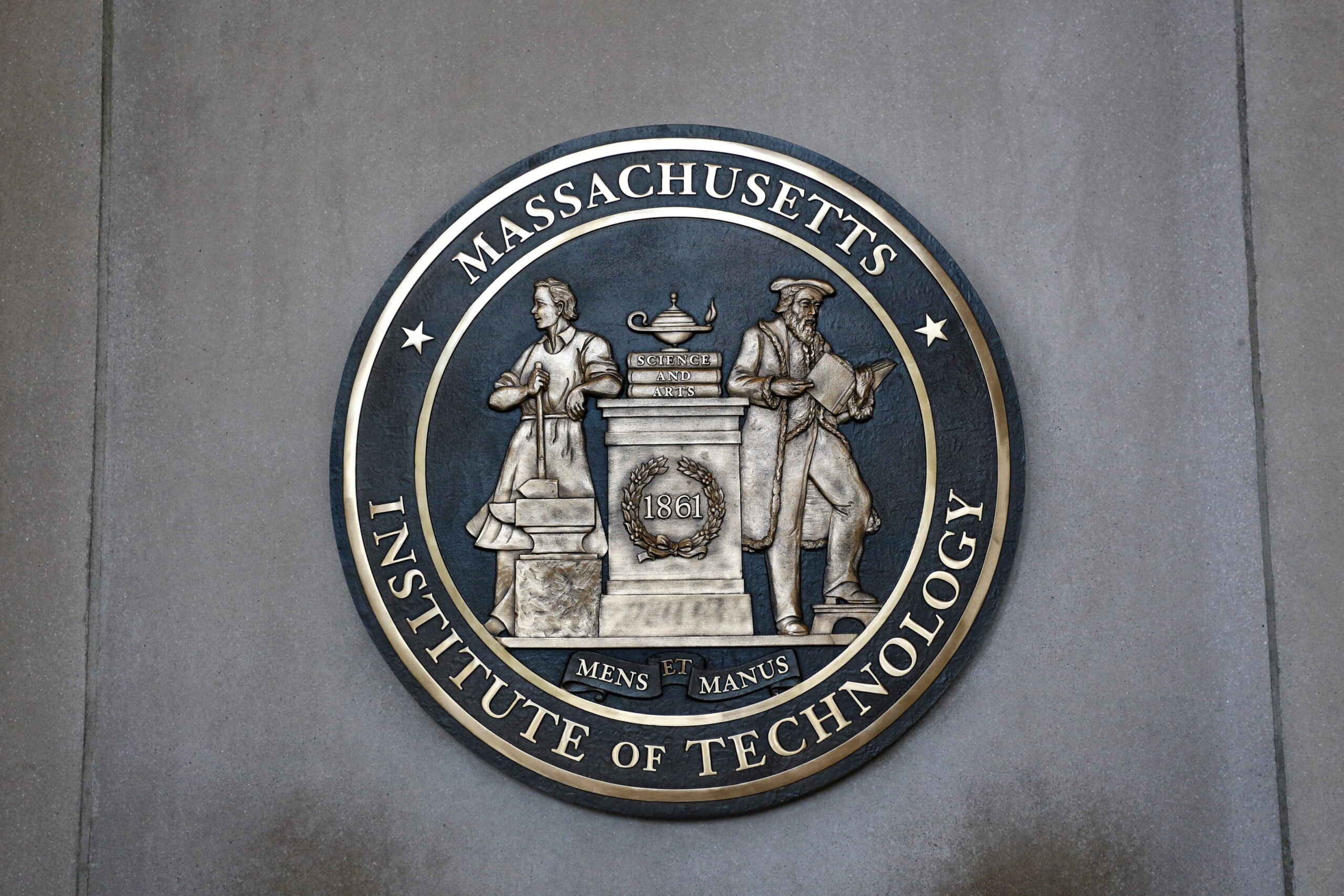MIT BANS Class Prez – Speech BACKFIRES

MIT has banned its class president from commencement ceremonies after she hijacked her graduation speech to deliver unauthorized pro-Palestinian remarks, igniting fierce debate about free expression limits on American college campuses.
At a Glance
- Megha Vemuri, MIT’s 2025 class president, was banned from commencement after delivering an unauthorized pro-Palestinian speech
- Wearing a Palestinian keffiyeh, Vemuri criticized MIT’s research ties with the Israeli military and called for cutting these connections
- MIT stated Vemuri “deliberately and repeatedly” misled ceremony organizers and disrupted an important institutional event
- The incident occurs amid rising tensions on college campuses regarding the Israel-Gaza conflict
- The university emphasized its support for free expression while defending its decision to exclude Vemuri from further ceremonies
Unauthorized Speech Leads to Immediate Consequences
The Massachusetts Institute of Technology has taken decisive action against its 2025 class president, Megha Vemuri, after she delivered an unauthorized pro-Palestinian speech at a graduation ceremony. Vemuri, who appeared on stage wearing a Palestinian keffiyeh, used her platform to criticize the prestigious institution’s alleged research connections with the Israeli military. The university administration subsequently barred her from participating in any further commencement events, citing her deliberate misrepresentation to ceremony organizers.
MIT spokesperson Kimberly Allen confirmed the university’s decision in an official statement addressing the incident. The university maintained that while it supports freedom of expression in principle, Vemuri’s actions constituted a deliberate disruption of an important ceremonial event. The speech, which differed substantially from the approved remarks Vemuri had submitted beforehand, called for MIT to sever ties with Israel and claimed the student body stands in solidarity with Palestinians.
Content and Reaction to the Controversial Address
During her unauthorized remarks, Vemuri made several provocative statements that drew mixed reactions from the audience. She declared that MIT students support “a free Palestine” and oppose what she characterized as genocide. The Palestinian Youth Movement subsequently shared video of the speech online, identifying Vemuri and amplifying her message beyond the campus boundaries. Reactions in the audience were visibly divided, with some attendees applauding her statements while others appeared uncomfortable or openly disapproving.
Following the incident, MIT President Sally Kornbluth addressed the situation, emphasizing that the focus of commencement should remain on celebrating the achievements of the graduating class rather than serving as a platform for political activism. Vemuri’s speech specifically mentioned a recent union vote to cut ties with the Israeli military and called for an immediate ceasefire in Gaza, directly connecting campus politics to international conflict in a manner the administration deemed inappropriate for the venue.
Broader Context of Campus Tensions
The incident at MIT reflects a growing pattern of tensions on American university campuses since the outbreak of the Israel-Hamas conflict in October 2023. Many institutions have reported increased antisemitic incidents alongside heated debates about academic freedom and appropriate forums for political expression. MIT’s decision to exclude Vemuri from commencement activities signals what appears to be a firmer stance against unauthorized activism at official university functions.
“MIT supports free expression but stands by its decision, which was in response to the individual deliberately and repeatedly misleading Commencement organizers and leading a protest from the stage, disrupting an important Institute ceremony.”, said Kimberly Allen.
The controversy unfolds against a backdrop of broader institutional changes at MIT, including plans to restructure the Institute Community and Equity Office. These developments highlight the complex balancing act universities face in upholding principles of academic freedom and free expression while maintaining appropriate boundaries for official ceremonies and preventing the disruption of events meant to honor student achievements. MIT’s response demonstrates the challenges educational institutions encounter when confronting political activism that deviates from approved protocols.












